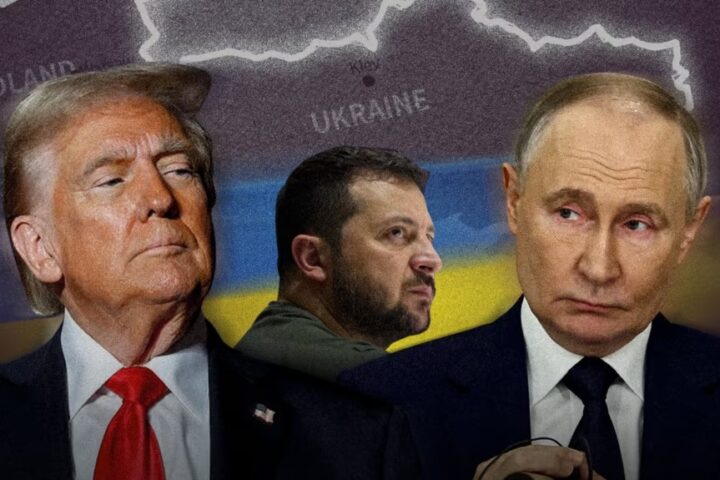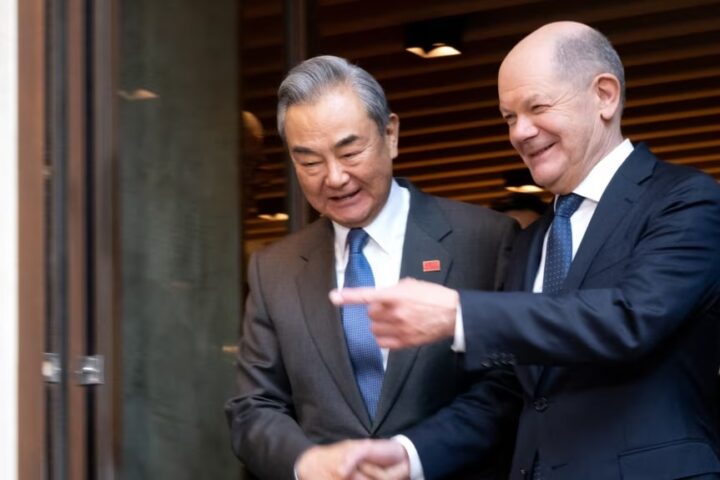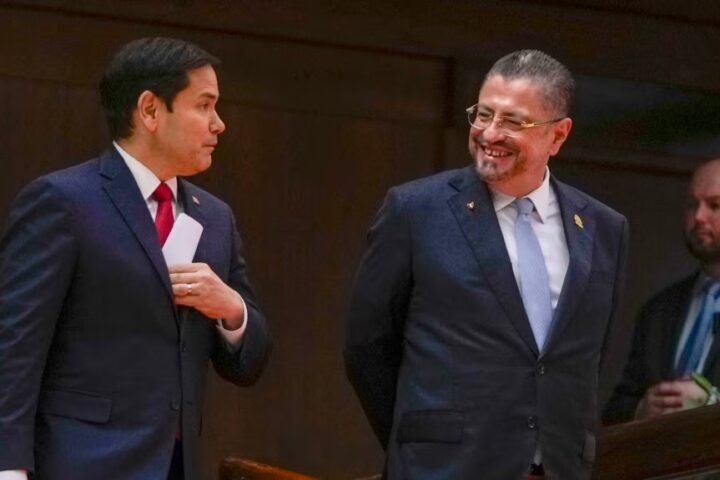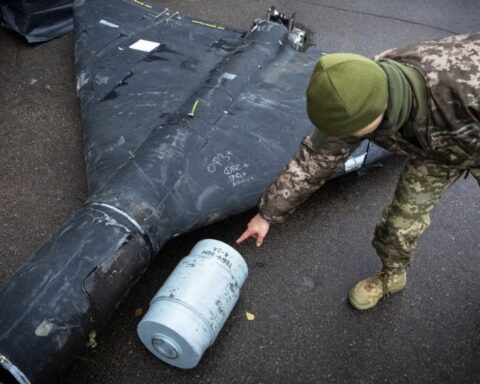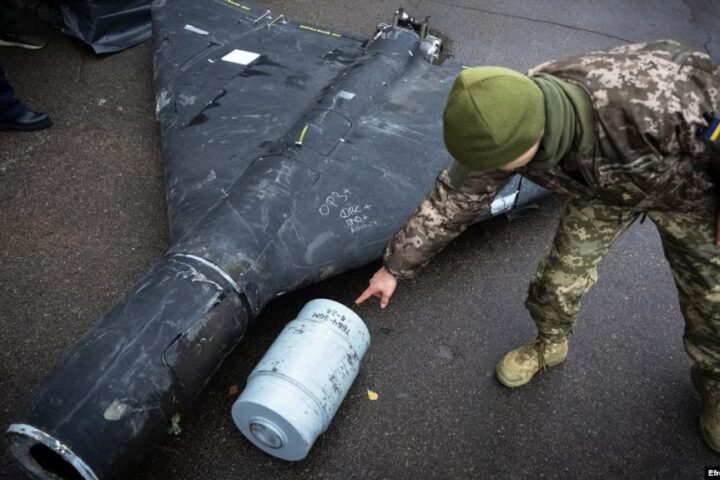Russian forces are advancing in three directions but continue to concentrate their main efforts on an offensive in the Bakhmut direction, the General Staff of the Ukrainian military said on January 22.
The General Staff said there had been “unsuccessful offensive actions” conducted in the Zaporizhzhya, Avdiyivka, and Lyman directions, while Ukrainian forces in Kupyansk, Novopavlovsk, and Kherson were “defending themselves.”
Russian forces near Bakhmut are increasingly using aerial strikes as they continue their advance on the city in Ukraine’s eastern Donbas region, the General Staff said in a report earlier on January 22.
It reported dozens of air strikes across Ukraine on January 21, but the number of attacks reported on January 22 was lower.
According to the General Staff, the Russian military carried out five air strikes on positions of the defense forces compared with 27 air strikes the day before, and shelling from multiple rocket launchers in at least 20 instances, down from 55 reports of shelling the day before.
Russian forces also launched a missile attack on critical infrastructure in Zaporizhzhya, the General Staff said.
The reports could not be independently verified by RFE/RL. There were no reports of casualties.
The General Staff also said Ukrainian forces struck areas where enemy personnel have concentrated as well as two ammunition depots.
Vagner Group mercenary soldiers are playing a significant role for the Russian side in the battle for Bakhmut.
White House National Security Council spokesman John Kirby told reporters on January 20 that the private military company was “literally throwing bodies into a meat grinder” to capture Bakhmut and the town of Soledar about 20 kilometers away.
Military analysts have said that while the capture of Bakhmut would have symbolic significance for Russia, it would not be important from a strategic point of view and would not result in any significant shift in the war.
Kyiv has called on its Western partners to provide more weaponry, including heavy tanks, especially German-made Leopards, as Russia appears to be readying for large-scale operations beyond Ukraine’s Donbas region.
German Foreign Minister Annalena Baerbock indicated that a stalemate over providing the Leopard tanks is nearing a conclusion. She said Berlin is ready to authorize Poland to send its Leopard tanks to Ukraine.
“If we are asked the question, then we will not stand in the way,” Baerbock told LCI television after a Franco-German summit meeting in Paris. “We know how important these tanks are and this is why we are discussing this now with our partners. We need to make sure people’s lives are saved and Ukraine’s territory liberated.”
U.S. Representative Michael McCaul (Republican-Texas), said earlier that the United States should agree to send Abrams tanks as requested by Germany to to break the stalemate and “unleash” the Leopard tanks.
Speaking on CNN, McCaul also said Russia’s decision to appoint General Valery Gerasimov to take charge of the Ukraine campaign means that Moscow is “going to start a major offensive on the eastern flank in the Donbas,” and tanks can help stop that.
The secretary of Ukraine’s Security Council, Oleksiy Danilov, agreed with the assessment in an opinion piece published by Ukrainian Pravda. He said under Gerasimov, Russia is concentrating resources, raising reserves, restoring combat capability’ and looking for the most vulnerable areas of the Ukrainian front.”
Based on recently announced military reforms, Moscow is also preparing for an extended conventional military threat outside the Ukrainian theater of war, according to British intelligence.
Britain’s Defense Intelligence made the assessment on January 22 in commenting on Russian Defense Minister Sergei Shoigu’s announcement this week that reforms would add 1.5 million personnel to the military within three years and reestablish two military districts in Russia.
The plans “signal that the Russian leadership highly likely assesses that an enhanced conventional military threat will endure for many years beyond the current Ukraine war,” British intelligence said. However, it added, “Russia will highly likely struggle to staff and equip the planned expansion.”




